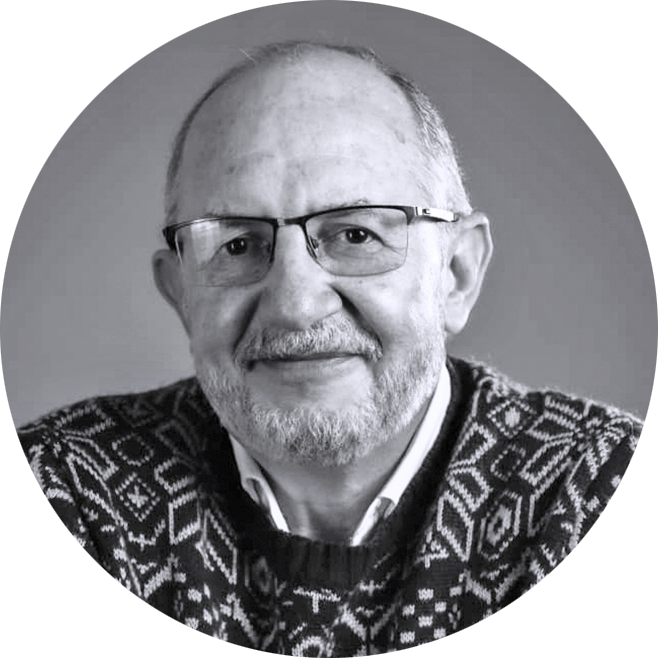
Alejandro Álvarez Gallego
|
Education in the government of changeThese days we have been wondering if this government of change will bring great changes in education. We know that in such a short period of time it will not be possible to reverse the regulatory model imposed since the 1990s, which has distanced the State from its responsibility as guarantor of the right to education; however, we must create a basis for changing this model in the medium term. What did the draft National Development Plan submitted to Congress last February 6 suggest? Undoubtedly, the PND’s approach is different from what we were used to from previous governments. Before, we talked about authority, order, the rule of law, security, prosperity, productivity, competitiveness, reduction of inequalities, growth, social mobility (…), but now the key points are: territorial planning around water, human security and social justice, the human right to food, productive change, internationalization and climate action, and regional convergence; but what we are most interested in highlighting is the idea of the State assuming its responsibility as guarantor of rights. The PND clearly states: “This vision of the country goes beyond the traditional approach based on physical security and defense. From a broader perspective, it emphasizes the role of the state as a guarantor of development opportunities by enabling the necessary towers to overcome deprivation and expand capabilities.” The draft PND places education at the nexus of human security and social justice; this is a good thing, because previously it was understood as a matter linked to economic productivity. The new government has understood that education is a human right, and this should be strongly emphasized. We receive education not only to be more productive, but also and especially to be more and better people. This seems obvious, but we have forgotten it. The PND mentions the expansion of services from 1.9 to 2. 7 million children for early education; creating a teacher training system that unifies the different levels and emphasizing placement training through the All to Learn Program (PTA); simplifying the current curricular architecture so that schools may implement more relevant and contextualized curricula; undertaking a curricular shift in secondary education towards a comprehensive education that takes into account the interests and needs of young people; continuing the implementation of the Special Plan for Rural Education (PEER) and emphasizing the development of the educational commitments included in the Territorial Approach Development Programs (PDET); strengthening the Certified Territorial Bodies for the expansion of educational services aimed at the young, adult and elderly population through flexible and relevant educational models; this would imply the recognition of higher education as a progressive fundamental right for human achievement, which would gradually advance to the policy of free enrollment in public IES, thus promoting access for 500 thousand new students; furthermore, there will be a reform of ICETEX that will transform its current banking logic and re-focus its mission on a social promotion of higher education (Quoted from the PND.) We are in favor of these initiatives, but in our opinion they are scattered throughout the text, as if they were a sum of actions. Then it is necessary to make explicit the will to build a new educational project that contributes to a social transformation. Education is the condition that makes any kind of change possible. Other concerns remain:
Finally, we lack more vigorous programs aimed at transforming schooling and building a new higher educational system. The UPN has a voice that it has not had in the Ministry of Education for a long time. Now we hope that the Congress of the Republic will be able to hold a debate that will include a clearer perspective of the pedagogical-political project that our nation deserves, i.e. a project that will powerfully show the basis for the great changes in the Colombian educational system that we have been waiting for so long. |
|
|
|

